Trioplast 5gm
Trioplast 5gm
Composition:
Triamcinolone acetonide IPNSP 0.1%w/w, Oral paste – QS.
Preservatives: Methyl paraben IP/USP0.2%wlw, Propyl paraben IP/USP0.02%w/w. Triamcinolone Acetonide is a synthetic glucocorticoid with anti-inflammatory and immunosuppressive properties.
Components that improve the action of Triamcinolone:
Retention: Carboxy Methyl Cellulose: Moisture retention for faster healing
Protection: Pectin: Gelling agent with protective coating
Release: Gelatin facilitates controlled release of steroid
Clinical conditions:
Recurrent Aphthous Stomatitis (RAS)
Recurrent aphthous stomatitis (RAS), commonly known as “canker sores”, is a form of benign inflammation of the oral mucosa. Although the term “canker sores” is commonly used to describe any abnormality of the mouth, the term, strictly refers to painful oral ulcers that come and go over time.
Recurrent aphthous stomatitis affects 1 in 5 persons and usually begins in adolescence and teenage years. During an episode, it may present with 1-5 painful ulcers that last for 1 – 2 weeks. These ulcers are typically seen on the inner cheeks, inner lips, underside of the tongue, or soft palate. Just before the appearance of an ulcer, one may feel a burning sensation or a lump in the area. Ulcers may be considered minor if they are less than 1⁄2 inch and heal in less than two weeks without scarring. They are called major if they are greater than 1⁄2 inch, take longer than two weeks to heal and leave scars. Some patients may have multiple recurrent crops of small, pinpoint, painful ulcers known as herpetiform RAS (these ulcers are not related to herpes virus infection). Patients are considered to have severe RAS when they have continuous ulcers with few, if any, ulcer-free periods, regardless of the size and/ or number of lesions.
Desquamative Gingivitis
The term “desquamative” comes from the Latin word “desquamare,” meaning to scrape fish scales. Desquamation refers to the shedding of epithelium, leading to skin or mucous membrane exfoliation. Desquamative gingivitis (DG) is a clinical description of gingiva marked by severe redness, peeling, vesicles, or bullae that can result in ulcers. It affects both the free and attached gingival mucosa. DG represents a clinical manifestation of various diseases.
The most common culprits include dermatological conditions like lichen planus (LP) in 70-75% of cases, cicatricial pemphigoid (CP) in 9-14% of cases, and pemphigus vulgaris (PV) in 4-13% of cases.
Oral Submucous Fibrosis
Oral submucous fibrosis (OSMF) is a precancerous condition with chances of malignant transformation in 1.5–15% of the cases. OSMF is mainly caused by chewing betel nut, which is accelerated by addition of tobacco. Other risk factors include genetic predisposition, autoimmunity, nutritional deficiencies, human papilloma virus (HPV) infection, consumption of spicy foods, and more.
OSMF is characterized by chronic inflammation, excessive collagen deposition in the submucosal (the connective tissue below the oral mucosal epithelium) layers, local inflammation in the deep connective tissues, and degenerative changes in the muscles. OSMF patients complain of severe burning sensation in the mouth while eating spicy foods. They also experience xerostomia (dry mouth), restricted mouth opening, restricted tongue mobility, dysphagia, and many other symptoms.
Indications:
TRIOPLAST is indicated for:
- Inflammatory disorders of the mouth
- Painful ulcers, lesions of oral mucosa
- Recurrent and resistant aphthous ulcers
- Desquamative gingivitis, mucositis, and stomatitis
- Ulcerative conditions associated with Oral lichen planus, pemphigus, and pemphigoid Oral submucous fibrosis
- Non-healing ulcers of the oral mucosa, in cancer and non-cancer conditions
- Contact cheilitis
- Hemangioma
- Erythema multiforme
Contraindications:
This preparation is contraindicated in patients with a history of hypersensitivity to any of its components . Because it contains a corticosteroid, the preparation is contraindicated in the presence of fungal, viral or bacterial infections of the mouth or throat.
Directions for use:
Squeeze out about a 1/4th of an inch long ribbon of TRIOPLAST on the tip of a clean & dry finger. Apply with little pressure to the lesion until a thin film develops. Hold in position until it become sticky. The preparation should be applied at bedtime to permit steroid contact with the lesion throughout the night. Depending on the severity of symptoms, it may be necessary to apply the preparation two to four times a day, preferably after meals. Do not eat or drink for half an hour after applying TRIOPLAST.
Storage:
Store below 30’C.
Presentation:
Trioplast 0.1% oral paste is supplied in 5gm laminated tube containing 1mg of triamcinolone acetonide per gram of paste.
Only for Doctors
CompareAdditional information
| Weight | 0.125 kg |
|---|

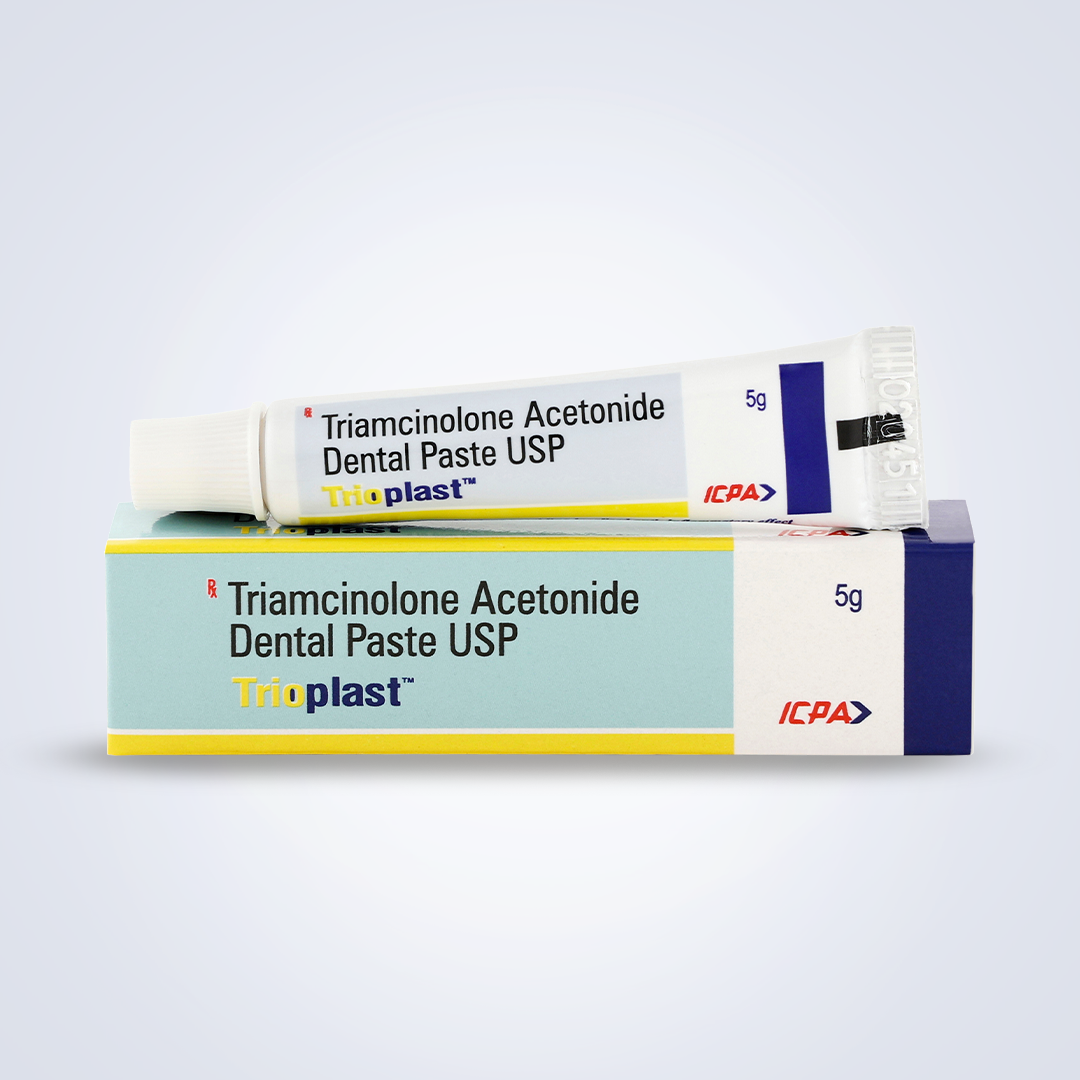
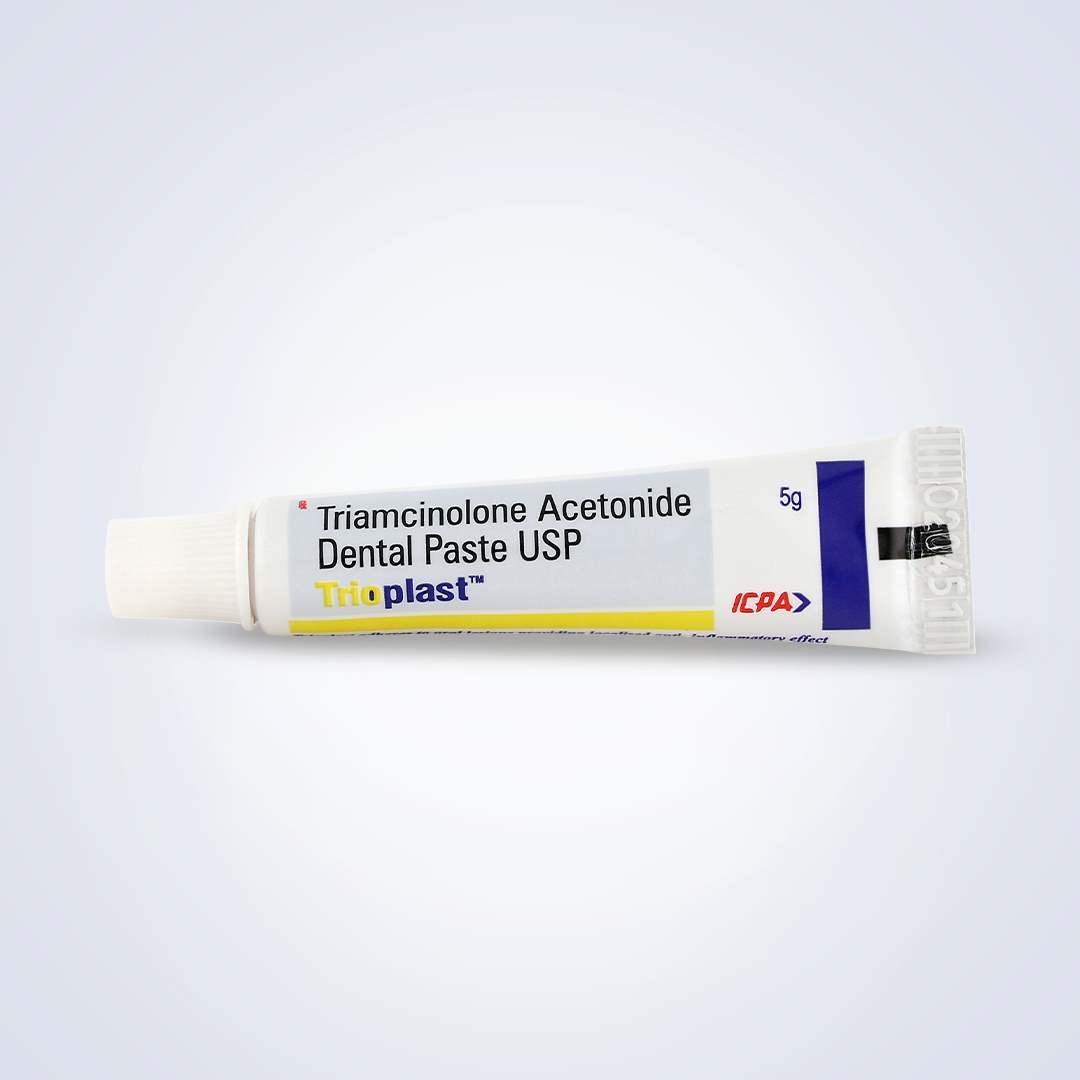
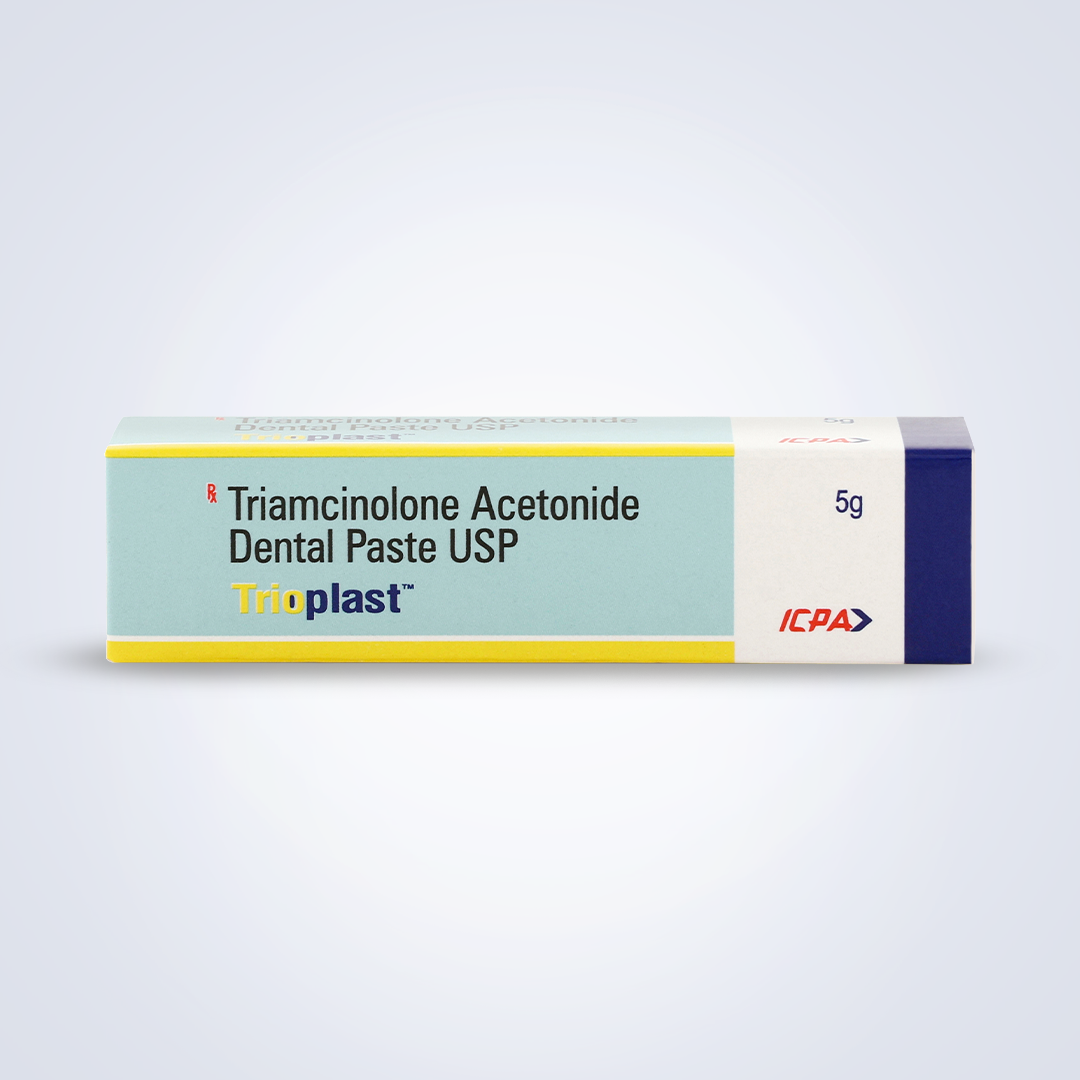
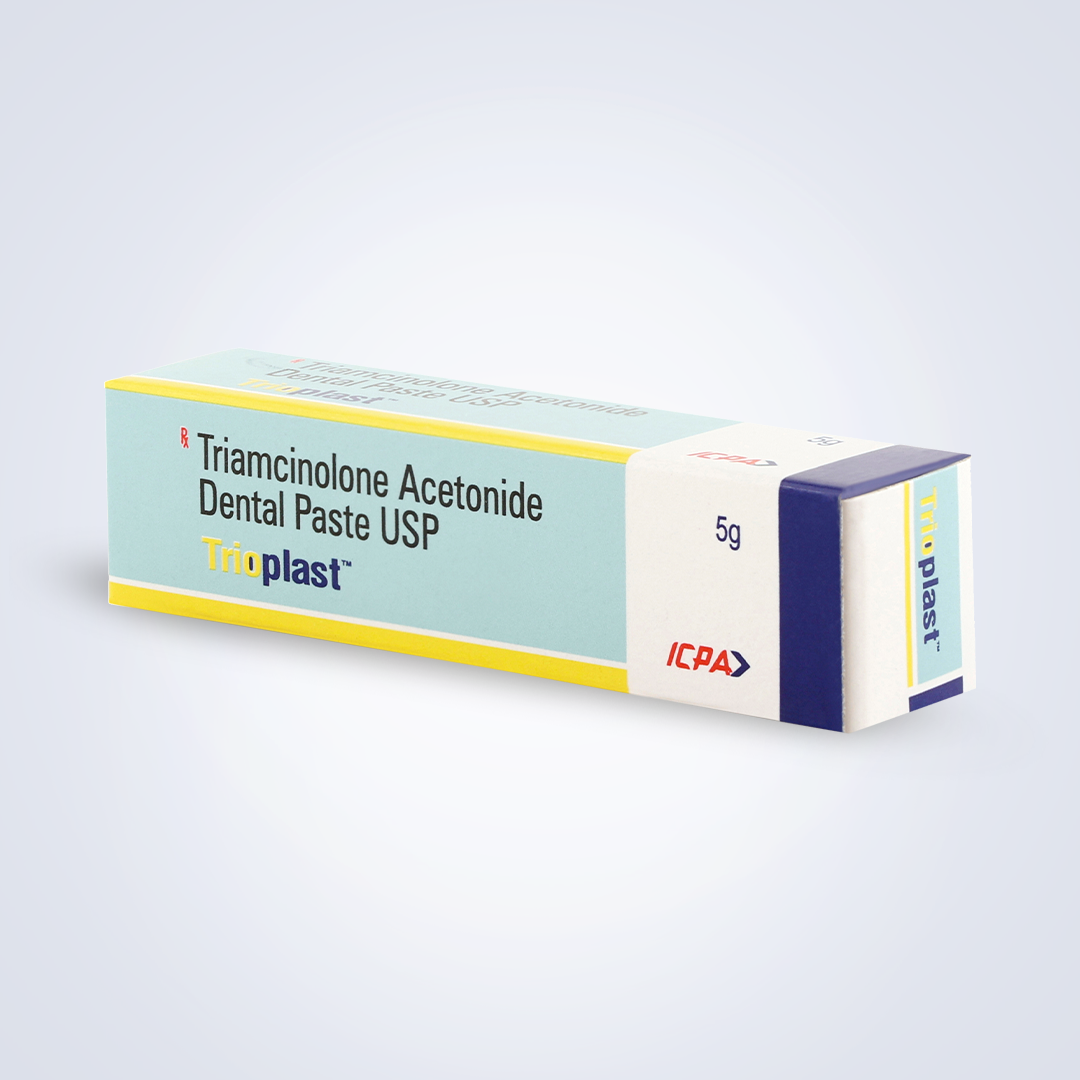
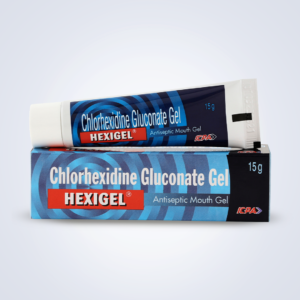
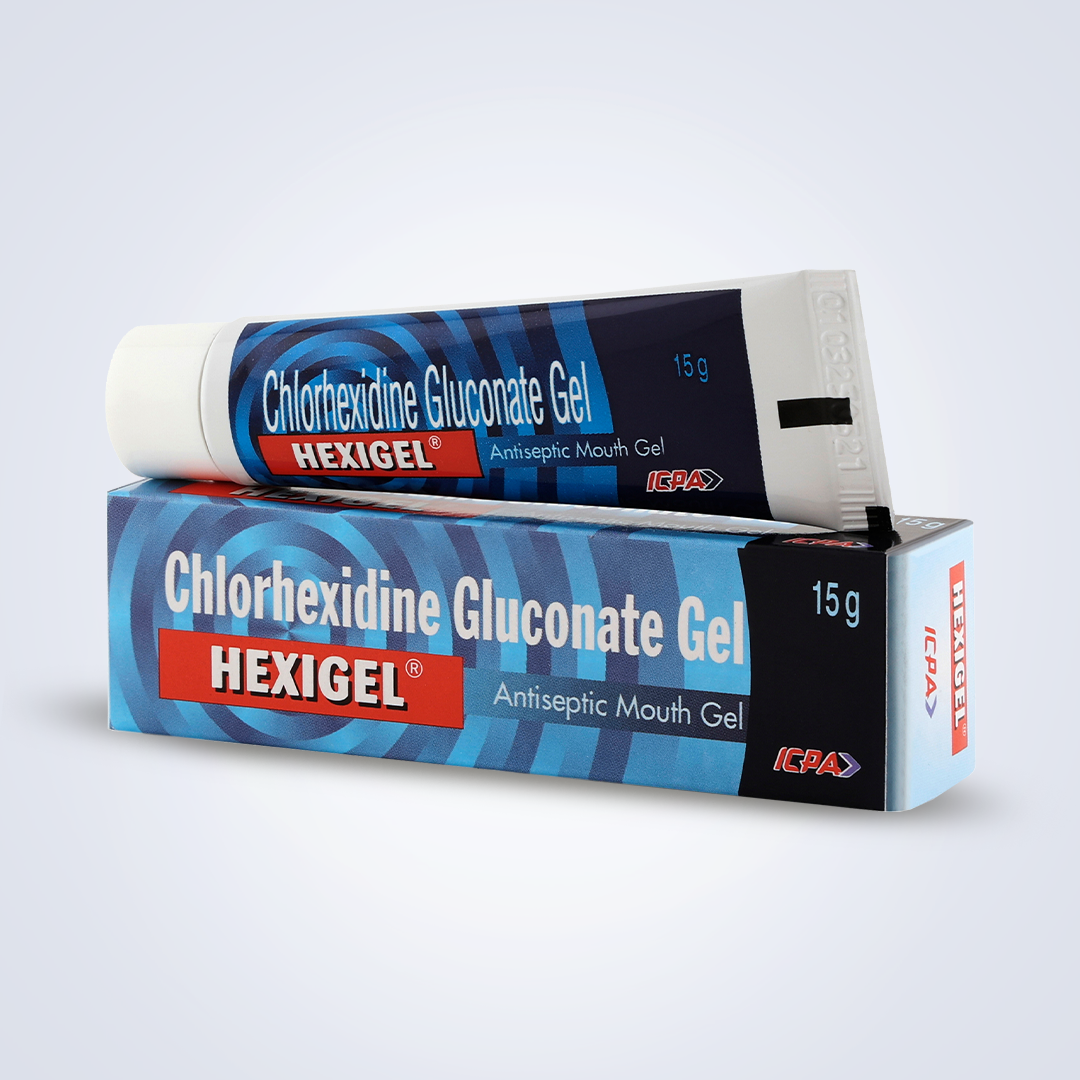
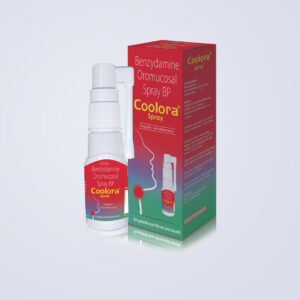
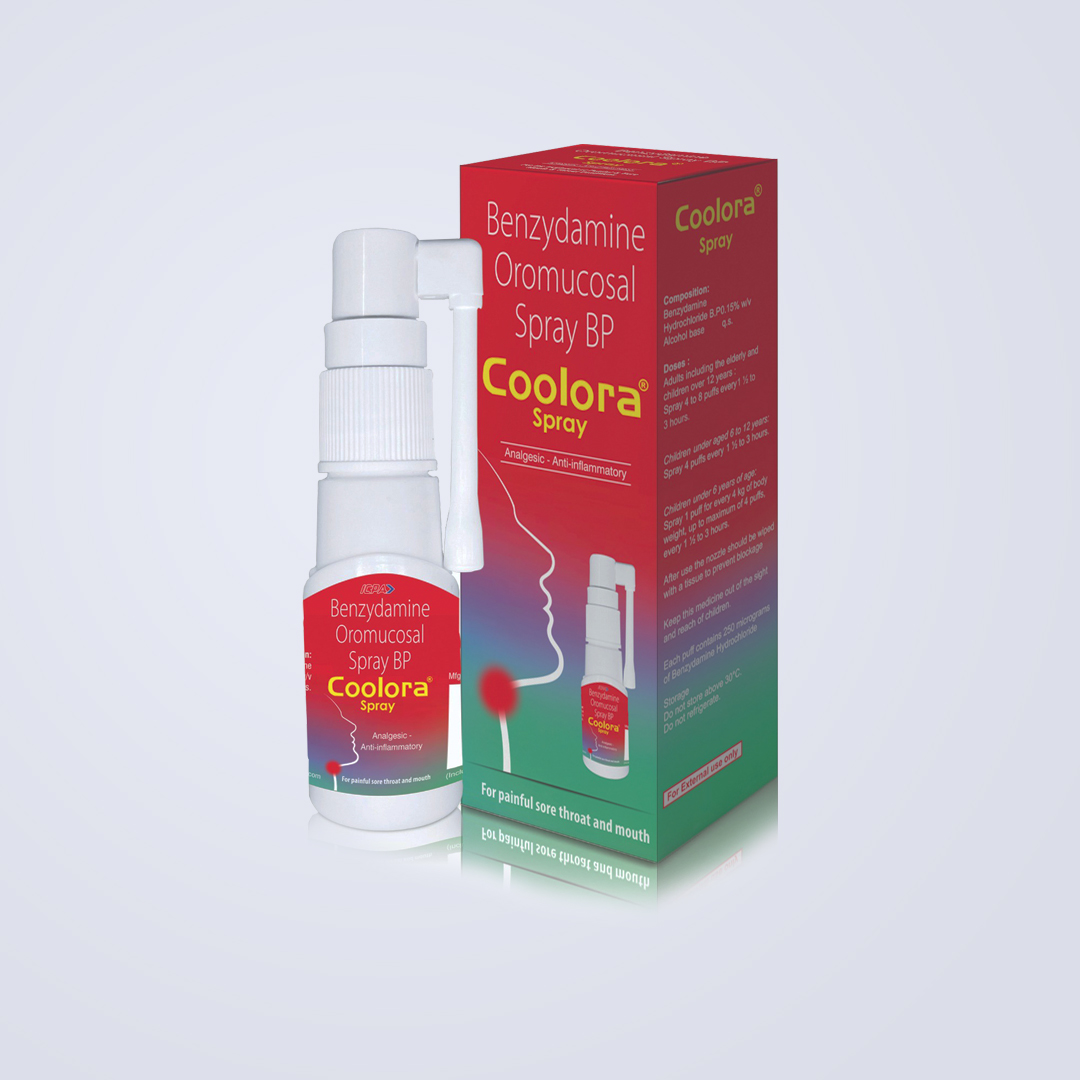
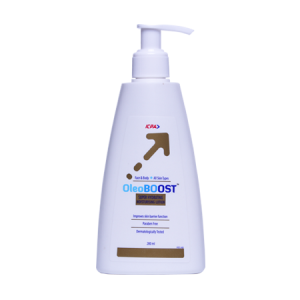
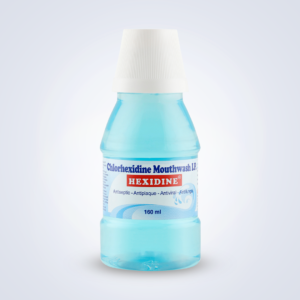
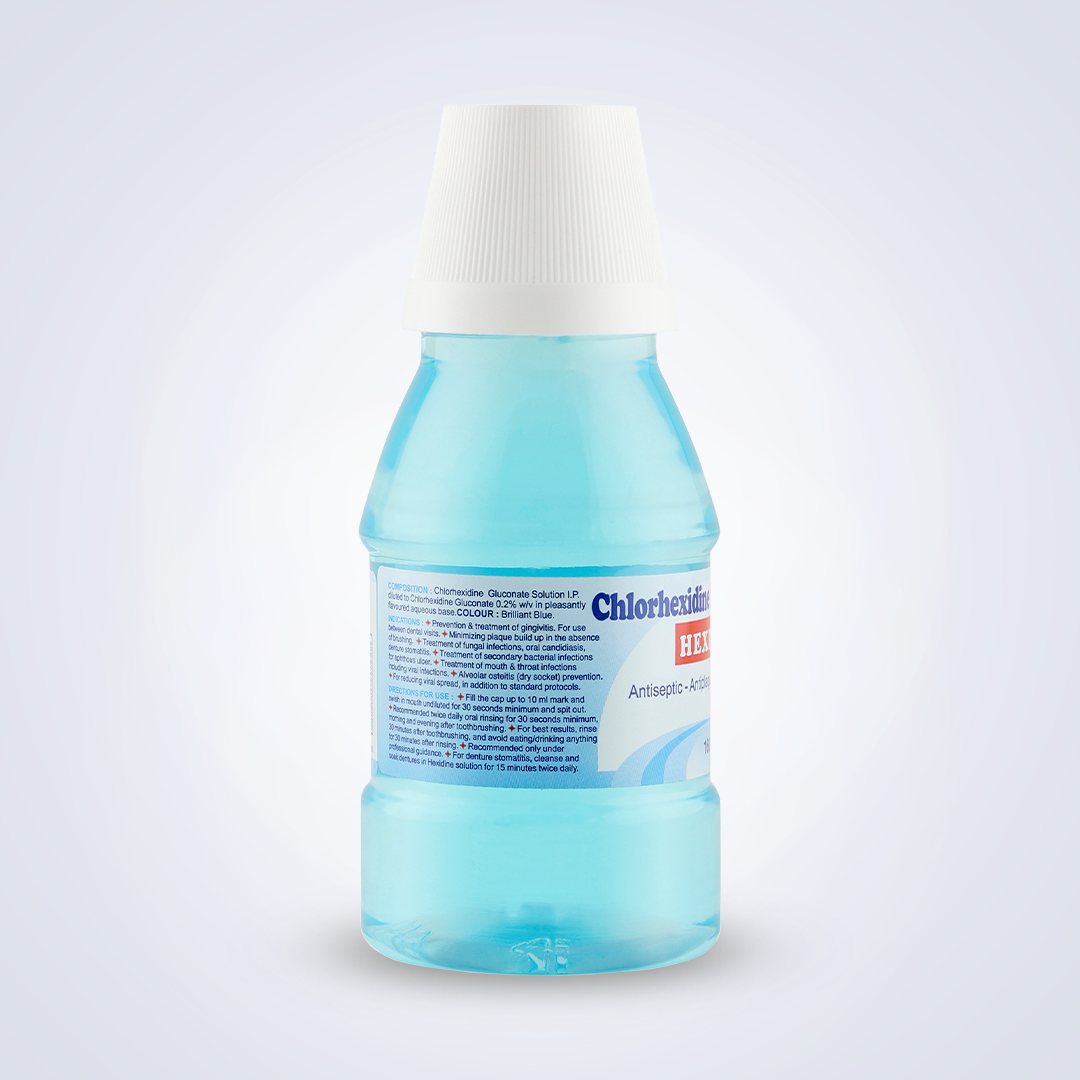

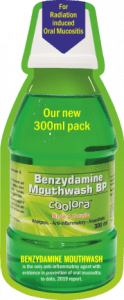
A Rama Krishna –
Its a considerable best gel for mouth healing
Vinay Tripathi –
Good fir health
ICPA HEALTH PRODUCTS LTD –
Thank you Dr for your kind words
ICPA HEALTH PRODUCTS LTD –
Thank you for your kind words.